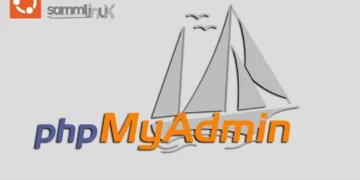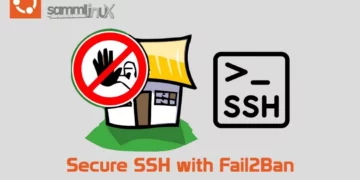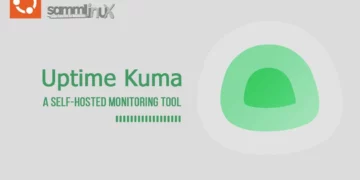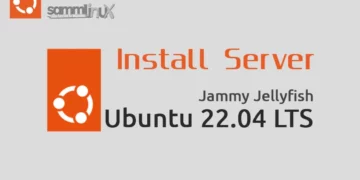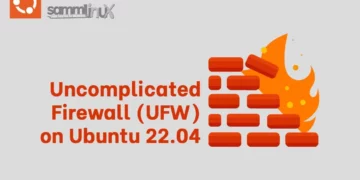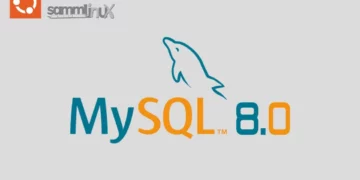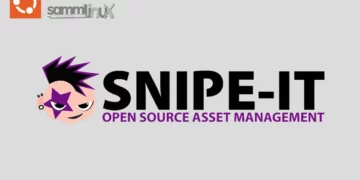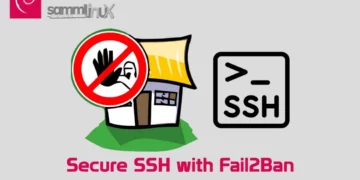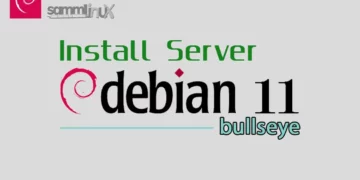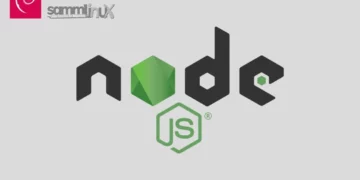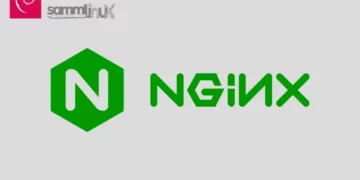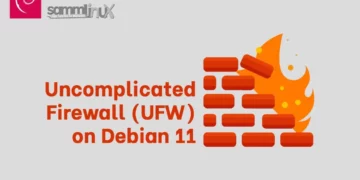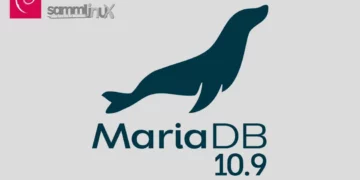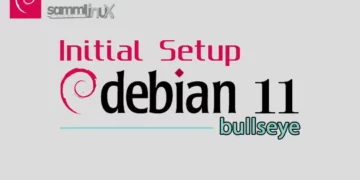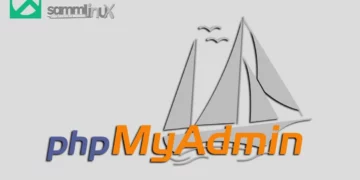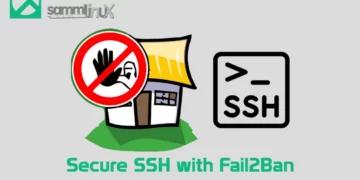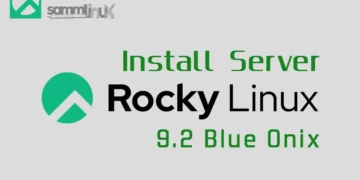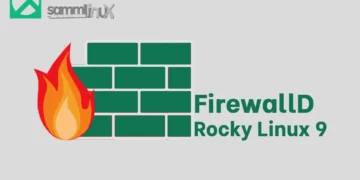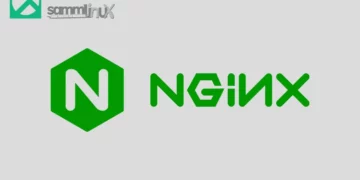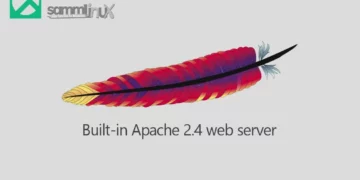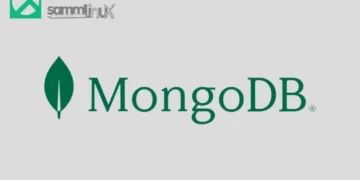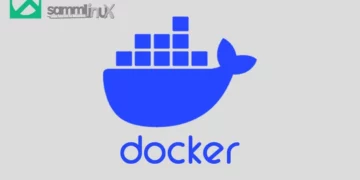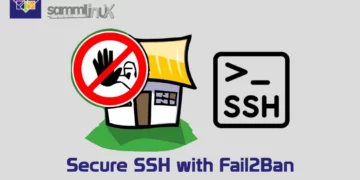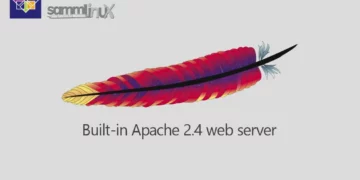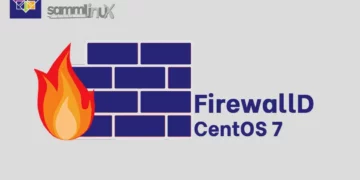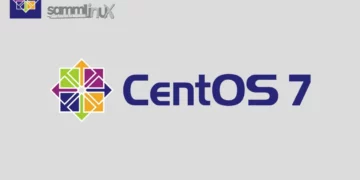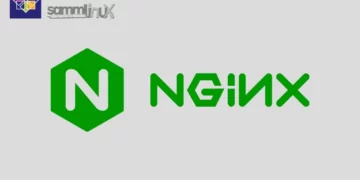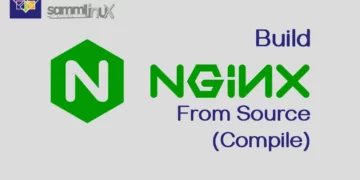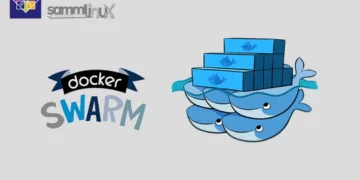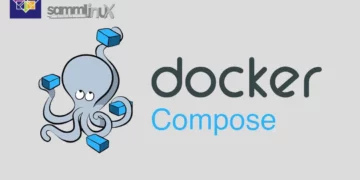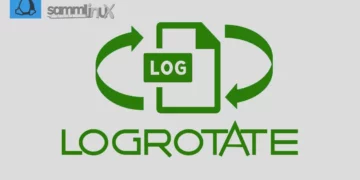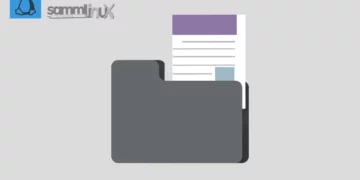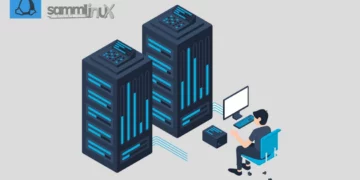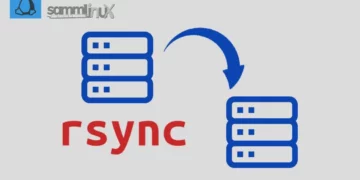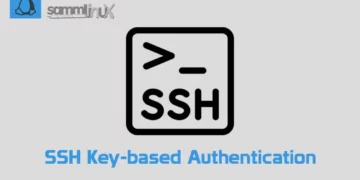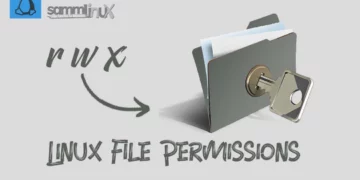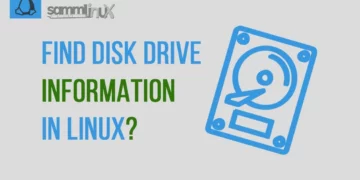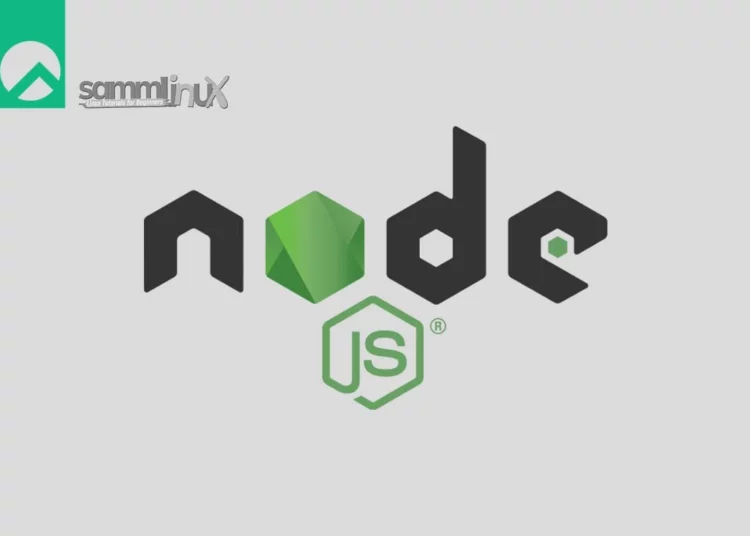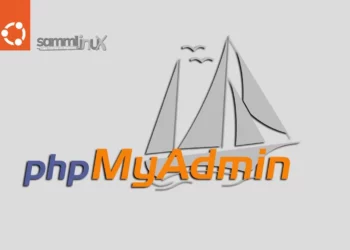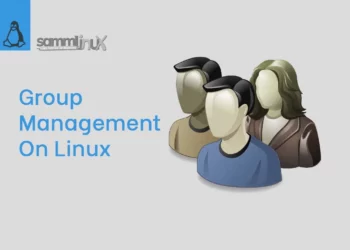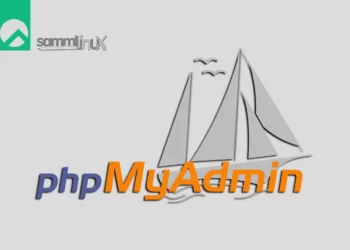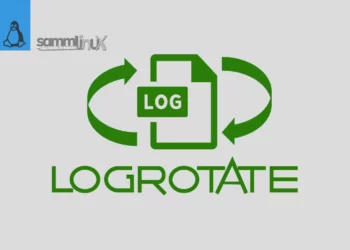Introduction of Node.js
Node.js is a powerful JavaScript runtime environment that is widely used for server-side and web development. At the present time Node.js has revolutionized web development with its versatile capabilities and efficient runtime environment. If you’re running an Rocky Linux 9 and want to harness the power of Node.js for your web projects, for that reason this step-by-step guide will walk you through how to install Node.js on Rocky Linux 9 With 3 Different Ways.
As I have said, we’ll take you step by step through the process of installing Node.js on Rocky Linux 9. We’ll cover three different methods: the Default repository, the NodeSource repository, and the Node Version Manager (NVM).
Table of Contents
Node.js has become incredibly popular for modern web development, especially for applications requiring real-time interactions, such as chat applications, streaming services, and online gaming platforms. Even more Its performance, scalability, and extensive package ecosystem have made it a favorite among developers for building a wide range of applications and services.
Prerequisites for Install Node.js
Important to realize this guide assumes that you are using Rocky Linux 9 for install Node.js. Before you begin, you should have a non-root user account with sudo privileges set up on your system. You can learn how to do this by following below tutorial :
System Update for Install Node.js
Basically It’s always a good practice to start by updating your package repository and upgrading installed packages to their latest versions. Update the package lists by running the following command:
[samm@node-js ~]$ sudo dnf update -y
[samm@node-js ~]$ sudo dnf upgrade --refresh
Extra Packages for Enterprise Linux 9 - x86_64 9.5 kB/s | 6.5 kB 00:00
Extra Packages for Enterprise Linux 9 - x86_64 4.5 MB/s | 18 MB 00:04
Rocky Linux 9 - BaseOS 2.1 kB/s | 4.1 kB 00:01
Rocky Linux 9 - AppStream 3.3 kB/s | 4.5 kB 00:01
Rocky Linux 9 - Extras 1.8 kB/s | 2.9 kB 00:01
Dependencies resolved.
Nothing to do.
Complete!
[samm@node-js ~]$ sudo dnf install dnf-utilsIn this guide, given these points you will review three different ways of getting Node.js installed on a Rocky Linux 9 server:
- Using
dnfto install thenodejspackage from Rocky’s default software repository. - Using
dnfwith theNodesourcesoftware repository to install specific versions of thenodejspackage - Installing
nvm, the Node Version Manager, and using it to install and manage multiple versions of Node.js
Method 1: Install Node.js with dnf from the Default Repositories
Basically Rocky Linux 9 contains a version of Node.js in its default repositories that can be used to provide a consistent experience across multiple systems. At this time of writing, the version in the repositories is v16.19.1. This will not be the latest version, but it should be stable and sufficient for quick experimentation with the language.
Install Node.js with Default Repositories
To get this version, you can use the dnf package manager by running the following command:
[samm@node-js ~]$ sudo dnf install nodejs -y
Last metadata expiration check: 0:54:33 ago on Fri 28 Jul 2023 07:05:11 PM WIB.
Dependencies resolved.
===================================================================================================================================================================================================================
Package Architecture Version Repository Size
===================================================================================================================================================================================================================
Installing:
nodejs x86_64 1:16.19.1-2.el9_2 appstream 111 k
Installing dependencies:
nodejs-libs x86_64 1:16.19.1-2.el9_2 appstream 14 M
Installing weak dependencies:
nodejs-docs noarch 1:16.19.1-2.el9_2 appstream 7.0 M
nodejs-full-i18n x86_64 1:16.19.1-2.el9_2 appstream 8.2 M
npm x86_64 1:8.19.3-1.16.19.1.2.el9_2 appstream 1.7 M
Transaction Summary
===================================================================================================================================================================================================================
Install 5 Packages
Total download size: 32 M
Installed size: 168 MVerify Node.js Installation
Then check the install was successful by querying node for its version number:
[samm@node-js ~]$ node -vOutput
v16.19.1If the package in the repositories suits your needs, then this is all you need to do to get set up with Node.js. The Node.js package from Rocky’s default repositories also comes with npm, the Node.js package manager.
At this point you have successfully installed Node.js and npm using dnf and the default Rocky software repositories. Henceforth the next section will show you how to use an alternate repository to install different versions of Node.js.
Method 2: Install Node.js Using the NodeSource Repository
In another case to install a different version of Node.js, you can use the NodeSource repository.
Add the NodeSource Repository:
First, you’ll need to configure the repository locally, in order to get access to its packages.
[samm@node-js ~]$ curl -sL https://rpm.nodesource.com/setup_18.x -o nodesource_setup.shIn detail about the available versions, check out the NodeSource documentation.
Now, run the script with sudo using following command:
[samm@node-js ~]$ sudo bash nodesource_setup.shThen you should see the output similar to the following:
## Installing the NodeSource Node.js 18.x repo...
## Inspecting system...
+ uname -m
rocky-release-9.2-1.6.el9.noarch
exec redhat-release
Release package: rocky-release-9.2-1.6.el9.noarch
## Confirming "el9-x86_64" is supported...
+ curl -sLf -o /dev/null 'https://rpm.nodesource.com/pub_18.x/el/9/x86_64/nodesource-release-el9-1.noarch.rpm'
## Downloading release setup RPM...
+ mktemp
+ curl -sL -o '/tmp/tmp.RYY47cxmpV' 'https://rpm.nodesource.com/pub_18.x/el/9/x86_64/nodesource-release-el9-1.noarch.rpm'
## Installing release setup RPM...
+ rpm -i --nosignature --force '/tmp/tmp.RYY47cxmpV'
## Cleaning up...
+ rm -f '/tmp/tmp.RYY47cxmpV'
## Checking for existing installations...
+ rpm -qa 'node|npm' | grep -v nodesource
## Your system appears to already have Node.js installed from an alternative source.
Run `sudo yum remove -y nodejs npm` to remove these first.
## Run `sudo yum install -y nodejs` to install Node.js 18.x and npm.
## You may run dnf if yum is not available:
sudo dnf install -y nodejs
## You may also need development tools to build native addons:
sudo yum install gcc-c++ make
## To install the Yarn package manager, run:
curl -sL https://dl.yarnpkg.com/rpm/yarn.repo | sudo tee /etc/yum.repos.d/yarn.repo
sudo yum install yarnInstall Node.js Using the NodeSource
At this point the repository will be added to your configuration and your local package cache will be updated automatically. You can now install the Node.js package in the same way you did in the previous section. It may be a good idea to fully remove your older Node.js packages before installing the new version, by using sudo dnf remove nodejs npm.
This won’t change your settings in any way; but only update the installed software versions. Must be remembered that third-party repositories may not always package their software in a manner that seamlessly upgrades over the default packages. If you encounter any issues, for this reason you can always go back to the original, unmodified setup as a fallback option.
Use following command:
[samm@node-js ~]$ sudo dnf remove nodejs npm -y
Dependencies resolved.
===================================================================================================================================================================================================================
Package Architecture Version Repository Size
===================================================================================================================================================================================================================
Removing:
nodejs x86_64 1:16.19.1-2.el9_2 @appstream 369 k
npm x86_64 1:8.19.3-1.16.19.1.2.el9_2 @appstream 6.5 M
Removing unused dependencies:
nodejs-docs noarch 1:16.19.1-2.el9_2 @appstream 76 M
nodejs-full-i18n x86_64 1:16.19.1-2.el9_2 @appstream 29 M
nodejs-libs x86_64 1:16.19.1-2.el9_2 @appstream 56 M
Transaction Summary
===================================================================================================================================================================================================================
Remove 5 Packages
Freed space: 168 M
Running transaction check
Transaction check succeeded.
Running transaction test
Transaction test succeeded.
Running transaction
Preparing : 1/1
Erasing : nodejs-1:16.19.1-2.el9_2.x86_64 1/5
Erasing : npm-1:8.19.3-1.16.19.1.2.el9_2.x86_64 2/5
Erasing : nodejs-docs-1:16.19.1-2.el9_2.noarch 3/5
Erasing : nodejs-full-i18n-1:16.19.1-2.el9_2.x86_64 4/5
Erasing : nodejs-libs-1:16.19.1-2.el9_2.x86_64 5/5
Running scriptlet: nodejs-libs-1:16.19.1-2.el9_2.x86_64 5/5
Verifying : nodejs-1:16.19.1-2.el9_2.x86_64 1/5
Verifying : nodejs-docs-1:16.19.1-2.el9_2.noarch 2/5
Verifying : nodejs-full-i18n-1:16.19.1-2.el9_2.x86_64 3/5
Verifying : nodejs-libs-1:16.19.1-2.el9_2.x86_64 4/5
Verifying : npm-1:8.19.3-1.16.19.1.2.el9_2.x86_64 5/5
Removed:
nodejs-1:16.19.1-2.el9_2.x86_64 nodejs-docs-1:16.19.1-2.el9_2.noarch nodejs-full-i18n-1:16.19.1-2.el9_2.x86_64 nodejs-libs-1:16.19.1-2.el9_2.x86_64 npm-1:8.19.3-1.16.19.1.2.el9_2.x86_64
Complete!After fully remove your older Node.js packages, then install the new version of Node.js
[samm@node-js ~]$ sudo dnf install nodejs -y
Node.js Packages for Enterprise Linux 9 - x86_64 2.2 MB/s | 623 kB 00:00
Dependencies resolved.
===================================================================================================================================================================================================================
Package Architecture Version Repository Size
===================================================================================================================================================================================================================
Installing:
nodejs x86_64 2:18.17.0-1nodesource nodesource 34 M
Transaction Summary
===================================================================================================================================================================================================================
Install 1 Package
Total download size: 34 M
Installed size: 100 M
Downloading Packages:
nodejs-18.17.0-1nodesource.x86_64.rpm 4.4 MB/s | 34 MB 00:07
-------------------------------------------------------------------------------------------------------------------------------------------------------------------------------------------------------------------
Total 4.4 MB/s | 34 MB 00:07
Node.js Packages for Enterprise Linux 9 - x86_64 1.6 MB/s | 1.6 kB 00:00
Importing GPG key 0x34FA74DD:
Userid : "NodeSource <[email protected]>"
Fingerprint: 2E55 207A 95D9 944B 0CC9 3261 5DDB E8D4 34FA 74DD
From : /etc/pki/rpm-gpg/NODESOURCE-GPG-SIGNING-KEY-EL
Key imported successfully
Running transaction check
Transaction check succeeded.
Running transaction test
Transaction test succeeded.
Running transaction
Preparing : 1/1
Running scriptlet: nodejs-2:18.17.0-1nodesource.x86_64 1/1
Installing : nodejs-2:18.17.0-1nodesource.x86_64 1/1
Running scriptlet: nodejs-2:18.17.0-1nodesource.x86_64 1/1
Verifying : nodejs-2:18.17.0-1nodesource.x86_64 1/1
Installed:
nodejs-2:18.17.0-1nodesource.x86_64
Complete!Verify Node.js Installation
After that verify that you’ve installed the new version. by running node with the -v version flag:
[samm@node-js ~]$ node -vOutput
v18.17.0The NodeSource nodejs package contains both the node binary and npm, so you don’t need to install npm separately.
At this point you have successfully installed Node.js and npm using dnf and the NodeSource repository. Finally the next section will show how to use the Node Version Manager to install and manage multiple versions of Node.js.
Method 3: Install Node.js Using the Node Version Manager
Another way of installing Node.js that is particularly flexible is to use nvm, the Node Version Manager. This piece of software allows you to install and maintain many different independent versions of Node.js, and their associated Node packages, at the same time.
Install NVM
Before piping the command through to bash, it is always a good idea to audit the script to make sure it isn’t doing anything you don’t agree with. You can do that by removing the | bash segment at the end of the curl command:
[samm@node-js ~]$ curl -o- https://raw.githubusercontent.com/nvm-sh/nvm/v0.39.1/install.shWith the result that, review the modifications it’s introducing and make sure you feel at ease with them.. When you are satisfied, run the command again with | bash added at the end. The URL you use will change depending on the latest version of nvm, but as of right now, the script can be downloaded and executed by typing:
[samm@node-js ~]$ curl -o- https://raw.githubusercontent.com/nvm-sh/nvm/v0.39.1/install.sh | bashAfter that this will install the nvm script to your user account.
Source NVM
In order that to use it. You must first source your .bashrc file:
[samm@node-js ~]$ source ~/.bashrcNow, you can ask NVM which versions of Node are available by using following command:
Output
. . .
v18.11.0
v18.12.0 (LTS: Hydrogen)
v18.12.1 (LTS: Hydrogen)
v18.13.0 (LTS: Hydrogen)
v18.14.0 (LTS: Hydrogen)
v18.14.1 (LTS: Hydrogen)
v18.14.2 (LTS: Hydrogen)
v18.15.0 (LTS: Hydrogen)
v18.16.0 (LTS: Hydrogen)
v18.16.1 (LTS: Hydrogen)
v18.17.0 (Latest LTS: Hydrogen)
v19.0.0
v19.0.1
. . .As can be seen it’s a very long list! Afterwards you can install a version of Node by typing any of the release versions you see.
Install Node.js with NVM
For instance, to get version v18.17.0 (an LTS release), you can type:
[samm@node-js ~]$ nvm install v18.17.0You should then see the output similar to the following:
Downloading and installing node v18.17.0...
Downloading https://nodejs.org/dist/v18.17.0/node-v18.17.0-linux-x64.tar.xz...
############################################################################################################################################################################################################ 100.0%
Computing checksum with sha256sum
Checksums matched!
Now using node v18.17.0 (npm v9.6.7)Verify Node.js Installation
You can see the different versions you have installed by typing following command:
[samm@node-js ~]$ nvm list
-> v18.17.0
system
default -> v18.17.0
iojs -> N/A (default)
unstable -> N/A (default)
node -> stable (-> v18.17.0) (default)
stable -> 18.17 (-> v18.17.0) (default)
lts/* -> lts/hydrogen (-> v18.17.0)
lts/argon -> v4.9.1 (-> N/A)
lts/boron -> v6.17.1 (-> N/A)
lts/carbon -> v8.17.0 (-> N/A)
lts/dubnium -> v10.24.1 (-> N/A)
lts/erbium -> v12.22.12 (-> N/A)
lts/fermium -> v14.21.3 (-> N/A)
lts/gallium -> v16.20.1 (-> N/A)
lts/hydrogen -> v18.17.0This shows the currently active version on the first line (-> v18.17.0), followed by some named aliases and the versions that those aliases point to.
Conclusion
Finally Congratulations! You’ve install Node.js with a few ways on your Rocky Linux 9. Thus you’re now ready to develop and deploy powerful web applications using Node.js. First thing to remember this installation provides a solid foundation for creating high-performance websites, and you’re well on your way to leveraging the capabilities of this powerful runtime. Happy coding!
Also Read Our Other Guides :
- How To Install Node.js on Ubuntu 22.04 With 3 Different Ways
- How To Install and Setup Node.js on Debian 11
- How To Use Git Version Control on Linux: For Beginner
- How To Install and Config Git on Ubuntu 22.04
- How To Install Jenkins on Ubuntu 22.04
- How To Install Python 3.11 from Source on Ubuntu 22.04
As I have shown, now you have learned how to install Node.js on Rocky Linux 9 With 3 Different Ways.


